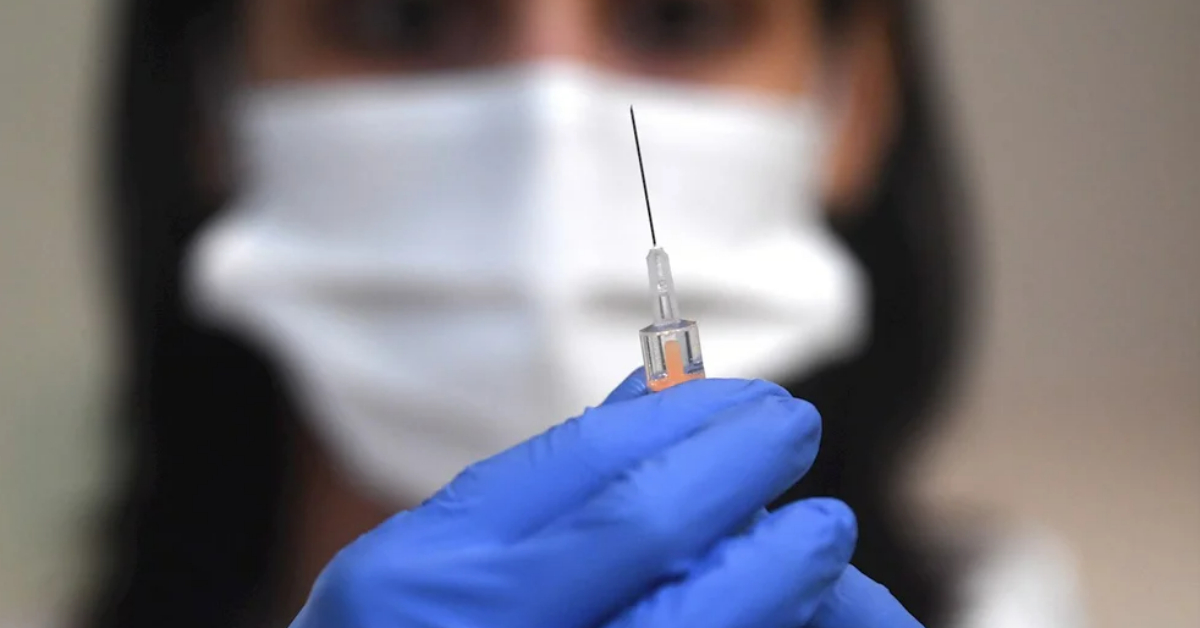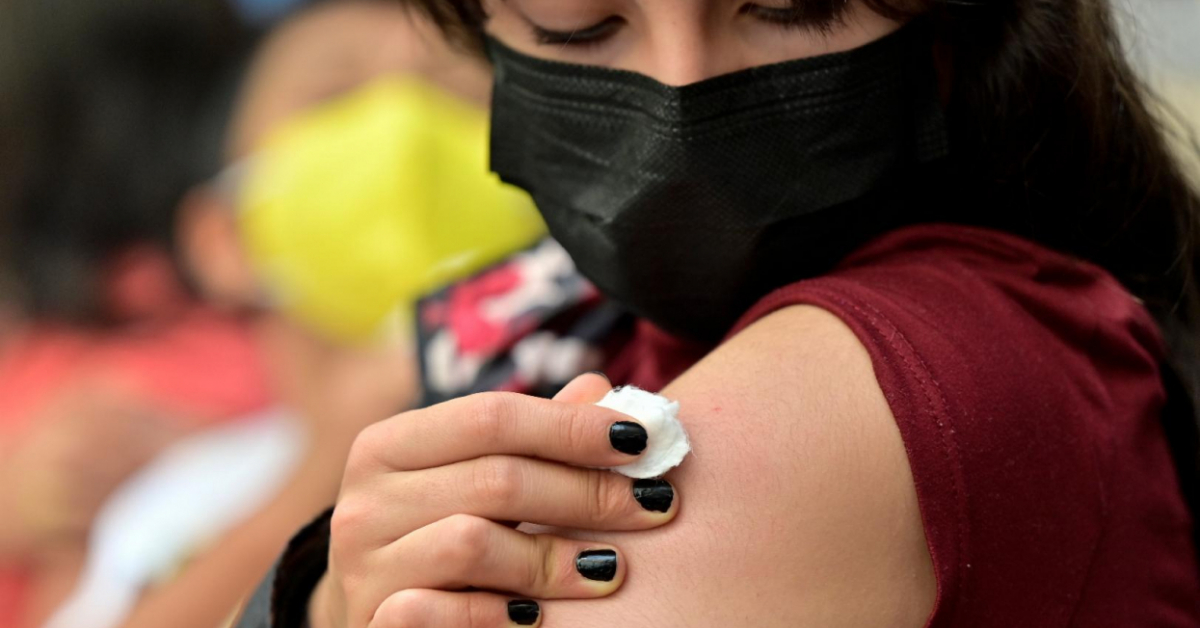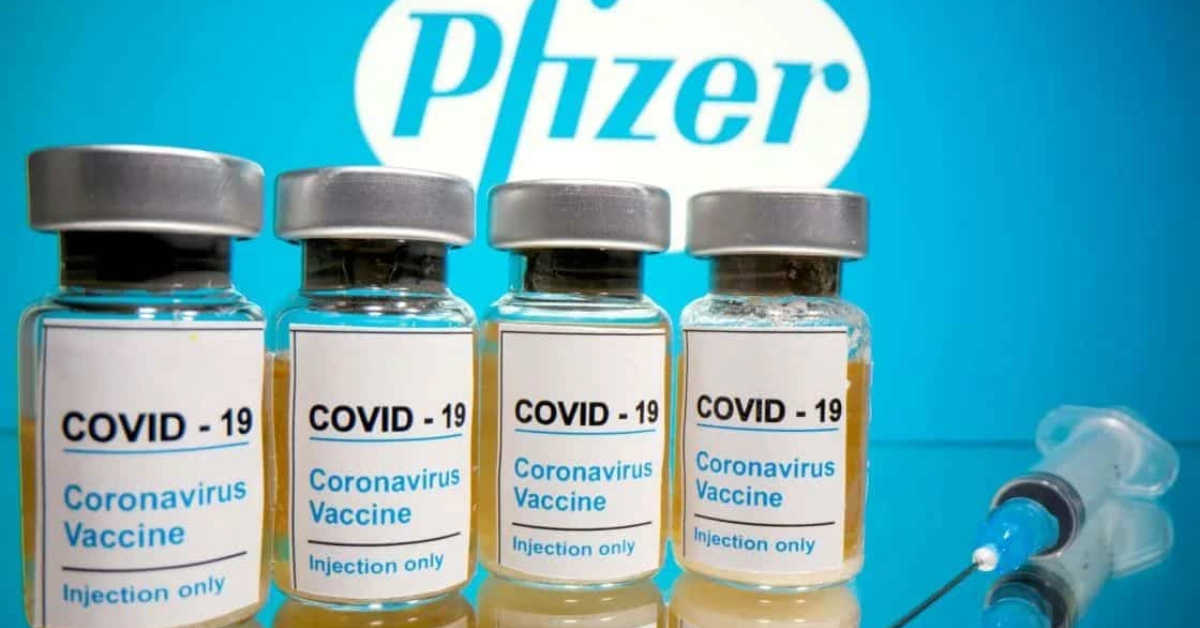Puerto Vallarta, Mexico - The World Health Organization (WHO) has designated JN.1 as a "variant of concern" while emphasizing that the global public health risk remains low, based on available evidence. However, with the onset of winter in the northern hemisphere, experts fear that JN.1 could potentially exacerbate respiratory infections in affected nations.
In a departure from the typical Covid-19 symptoms such as a runny nose, cough, headaches, and weakness, individuals infected with the JN.1 variant have reported additional issues, including problems sleeping and heightened anxiety. Surprisingly, fewer cases of loss of taste and . . .






